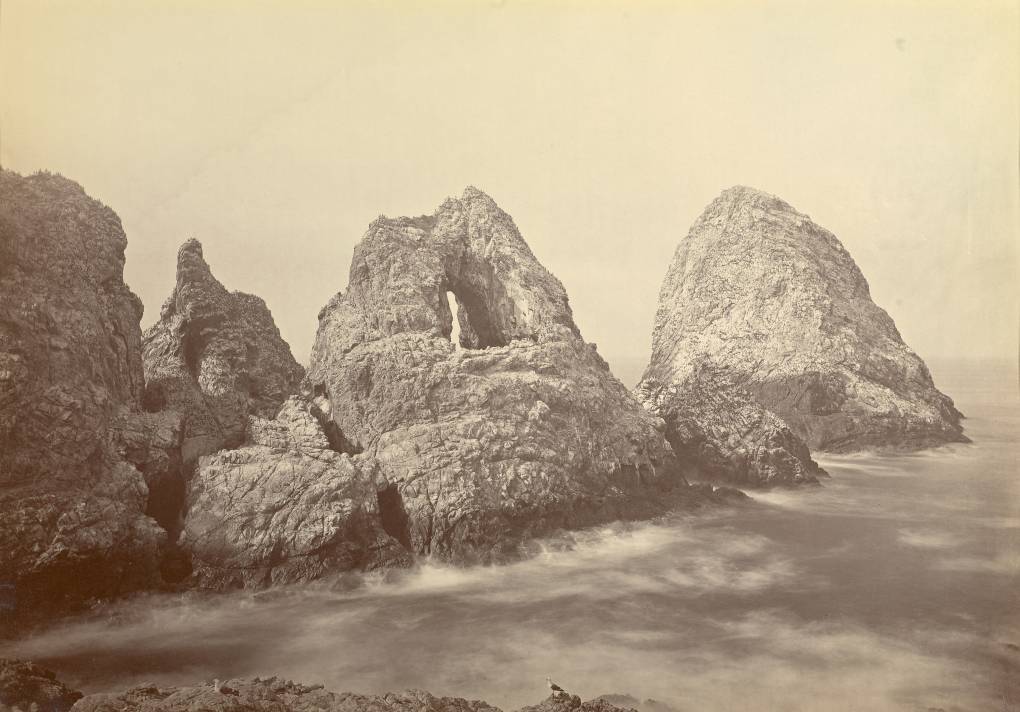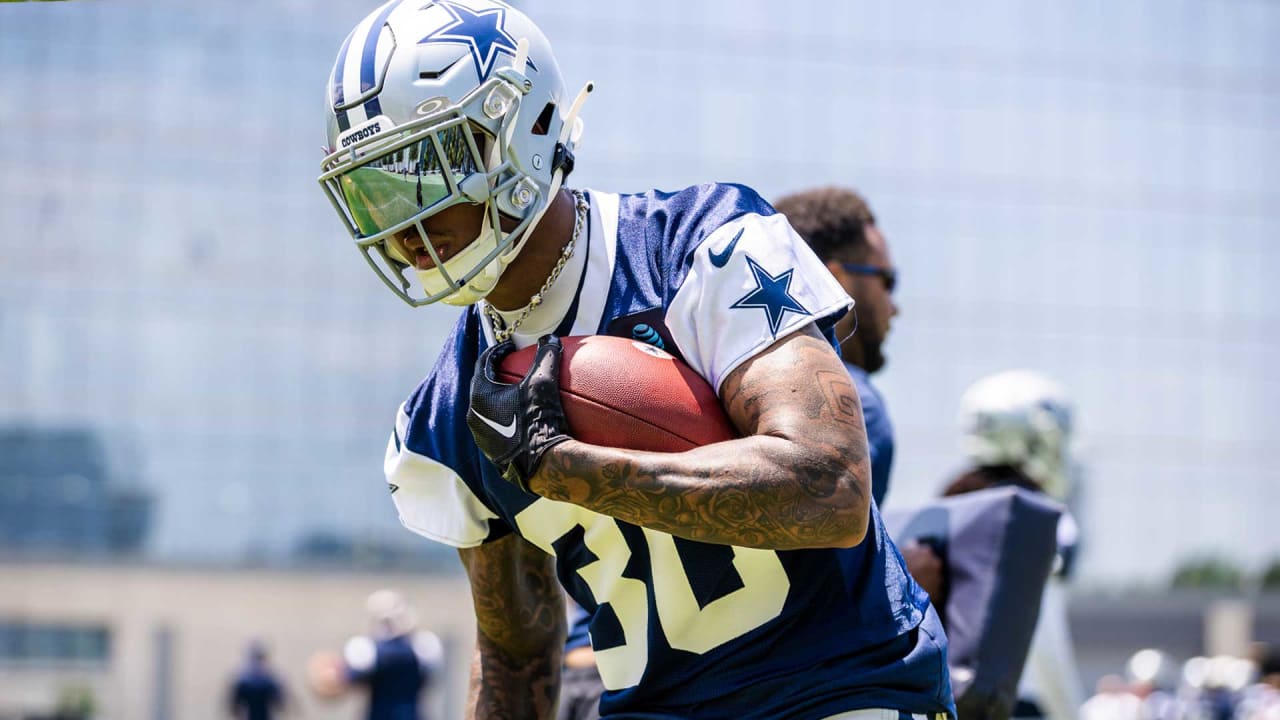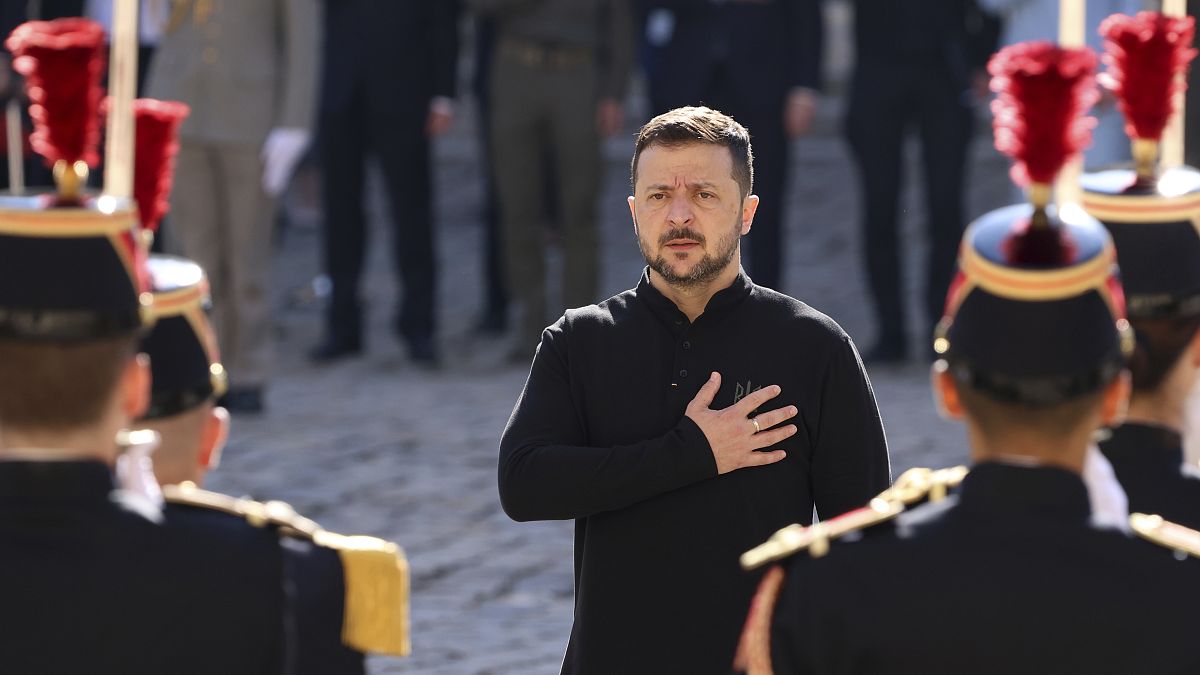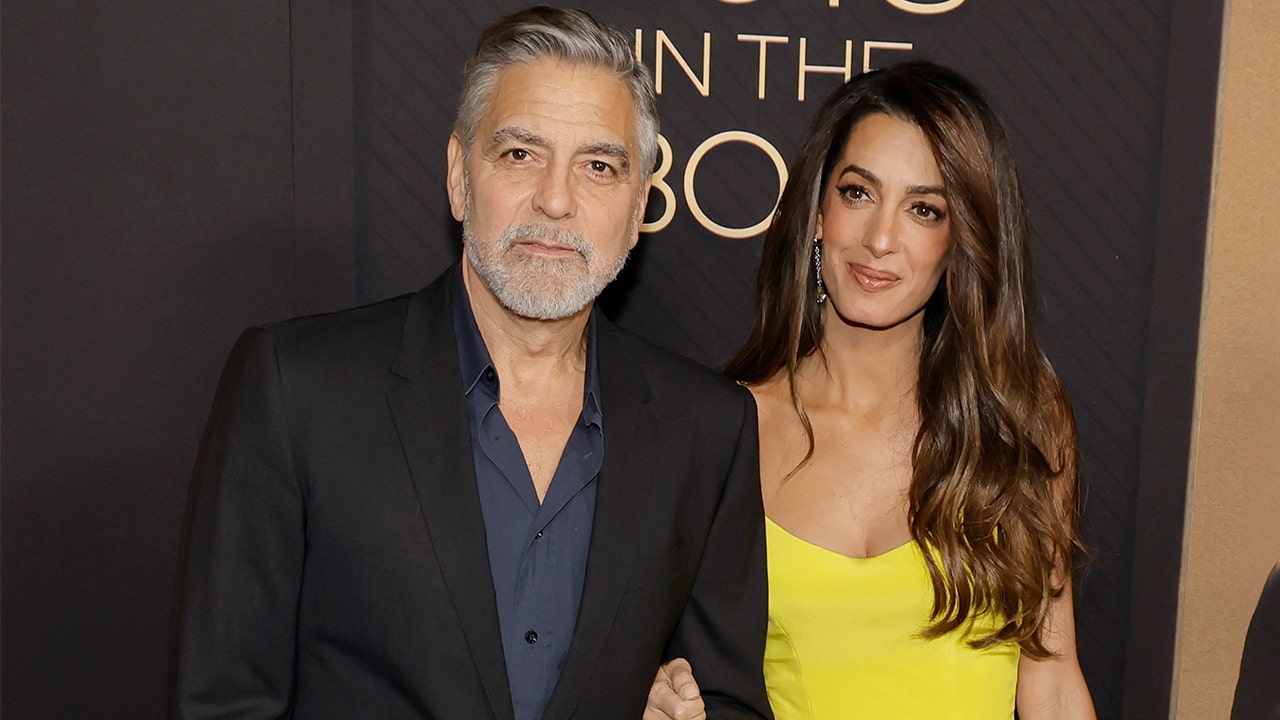North Carolina
NC artists perform on The Voice semi-finals this week
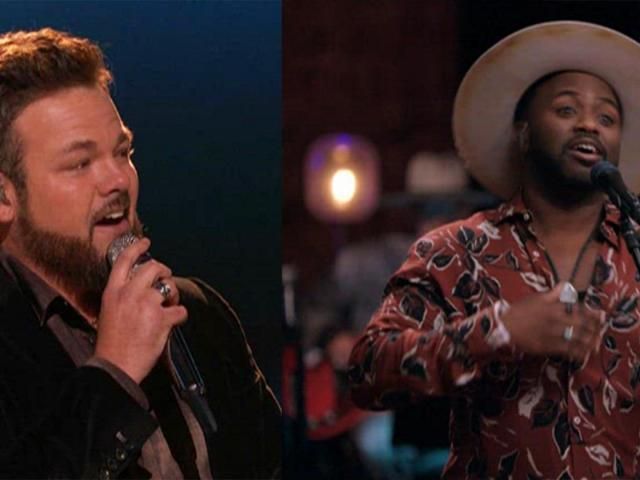
Two North Carolina artists will perform on the semi-finals of “The Voice” this week.
The Voice airs Monday and Tuesday nights at 8 p.m. on NBC and WRAL. The five contestants headed to next week’s finale will be announced Tuesday night.
Josh Sanders from Kannapolis, N.C., and Tae Lewis from Goldsboro, N.C., are still in the running among nine contestants. You can watch their recent performances below or on YouTube.
Sanders, a country artist, has performed songs like “Black Water,” “Whiskey on You” and “Angels Don’t Always Have Wings.”
When asked about his next performance, Sanders told NBC News, “It’s gonna be an upbeat, go after it, go get it kind of song.”
After he was picked as a semi-finalist last week, Lewis told NBC News, “I almost like jumped out of my own body, that’s how excited I was.”
This season, award-winning country pop artists Dan + Shay join returning coaches Reba McEntire, John Legend and Chance the Rapper. Sanders is Team Reba, and Lewis is Team Dan + Shay.
Season 25 of “The Voice” ends May 20 and 21 in a two-part finale. You can get updates here on the winner.

North Carolina
NC Republican lawmakers seek fall referendum on citizen-only voting

RALEIGH, N.C. — In a move that could boost fall turnout among conservatives, North Carolina Republican legislators advanced a proposed constitutional amendment Wednesday to make it clear that only U.S. citizens can vote in the state. It would retool language on the books that already limit balloting to U.S.-born or naturalized citizens 18 and older.
A House election-law panel voted to put the question on statewide ballots this November, when races for president, governor and other statewide and legislative races will be contested. Republicans have enough General Assembly members on their own to initiate the referendum if they remain united on the idea.
Republican legislatures in at least six states already have agreed to place noncitizen voting measures on the fall ballots, including Wisconsin, another presidential battleground. Supporters elsewhere have been stressing a Republican campaign theme that immigrants crossing into the country illegally at the Mexican border could somehow vote in this fall’s high-stakes elections.
It is already illegal in the U.S. for noncitizens to vote in federal elections. And North Carolina’s current state constitution notes that voting is limited to “every person born in the United States and every person who has been naturalized, 18 years of age,” provided they meet other qualifications. The Republican-backed amendment would rework the line to read, “Only a citizen of the United States who is 18 years of age.”
The bill’s chief sponsors – House Speaker Tim Moore among them – have said the proposal is about preserving election integrity and preventing potential foreign influence in elections.
Another sponsor, House Rules Committee Chairman Destin Hall, told the committee that some have suggested the constitution’s current language “may be a floor up rather than the ceiling of who can vote,” and that “the fear is that some future court could decide that that’s not a limitation on everybody who can vote.”
Some local jurisdictions – including San Francisco and the District of Columbia – have begun allowing immigrants who aren’t citizens to vote in local races for school board or city council. Hall mentioned the large number of recent illegal border crossings from Mexico while pitching the need for the language.
The proposal “makes it absolutely clear and removes all reasonable doubt that only citizens can vote in our state’s elections,” he said.
Democrats on the committee criticized the proposal as unnecessary and a waste of time and resources. State voter registration applications already make clear that voting is limited to citizens, and that lying about it on the form is a low-grade felony.
“I feel like we’re chasing a problem that doesn’t exist,” said Rep. Pricey Harrison, a Guilford County Democrat. “It just seems like we are creating a situation that might be chilling new citizens’ desire to vote.”
A 2016 election audit in North Carolina found that 41 legal immigrants who had not yet become citizens cast ballots, out of 4.8 million total ballots cast that fall. The state now lists nearly 7.5 million registered voters.
The federal prosecutor’s office in eastern North Carolina said in 2021 that it had charged 24 people over the previous 18 months while investigating allegations of voter-related fraud, which included accusations of noncitizens illegally voting or falsely claiming U.S. citizenship to register to vote.
Ann Webb with voting advocacy group Common Cause North Carolina spoke against the referendum in committee, calling it an “attempt to spread lies that cast doubt on our elections and divide us, fostering an environment where prejudice and violence can thrive.”
While constitutional amendments aren’t subject to Democratic Gov. Roy Cooper’s veto, proposals can’t be brought before voters unless 72 of the House’s 120 members and 30 of the Senate’s 50 members vote yes. Republicans have exactly those numbers of members in the respective chambers.
A simple majority of voters in November would have to vote yes on the referendum question for the language to be edited into the constitution.
Pro-amendment speaker Kevrick McKain with Americans For Citizen Voting, a national organization that aims to advance amendments to make voting the exclusive right of U.S. citizens, said an amendment would give “we the people the right to weigh in on our state’s law, instead of letting the state be vulnerable to interpretations.”
A House committee now has to approve the measure before it can go to the House for a full vote.
Senate leader Phil Berger seems open to the idea.
“I think you can make a legalistic argument that something like that is already prohibited,” Berger told reporters in late April. “However, I don’t see any harm in including that as a constitutional amendment. We’ll see if there’s enough support.”
Copyright © 2024 by The Associated Press. All Rights Reserved.
North Carolina
N.C. House speaker says university athletics scheduling bill isn't going further
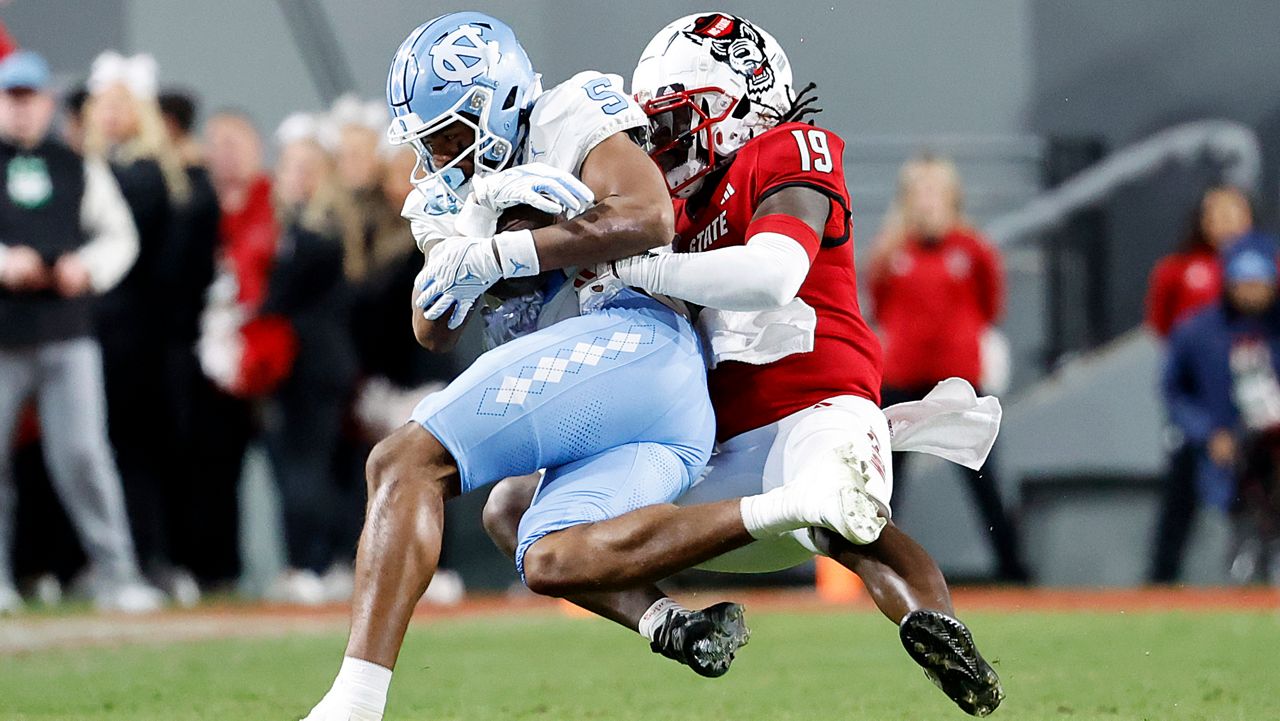
RALEIGH, N.C. (AP) — Legislation that would make sure the University of North Carolina at Chapel Hill and N.C. State University play each other annually in football and basketball and then play three other public schools regularly isn’t advancing beyond a quick committee meeting this week, House Speaker Tim Moore said Thursday.
A House committee on universities approved the measure Tuesday with no debate, and with a bill sponsor afterward expressing optimism about its future. But Moore, who can hold great sway on the future of legislation, said the bill won’t go any further. He didn’t give a specific reason why.
“It’s had the hearing it will have. … I told them they could hear it in committee, but it won’t come to the floor,” Moore said, adding jokingly: “I mean, everyone knows Carolina is going to win all those games anyway.” He attended UNC-Chapel Hill.
The bill would require the football and men’s and women’s basketball teams at UNC-Chapel Hill and N.C. State to play each other at least once annually. And the Wolfpack and Tar Heels would have to play East Carolina University, Appalachian State University or the University of North Carolina at Charlotte at least once every year in those sports.
The bill’s supporters have presented the proposal as a way to secure deep rivalries between N.C. State and UNC-Chapel Hill in the midst of volatile times in college athletics and to build up competitions with other University of North Carolina system schools.
Conference realignments also threaten longtime and regional matchups. The Atlantic Coast Conference, of which UNC and N.C. State are founding members, is facing uncertainty about its long-term future as it continues to face a growing financial gap behind the Big Ten and Southeastern conferences.
Rep. David Willis, of Union County, who shepherded the bill in committee this week, didn’t immediately respond to a message Thursday seeking comment. Although the bill will now stall, its popularity in some corners could signal to university athletic departments to schedule these games on their own.
North Carolina
North Carolina driver's license backlog may soon end, DMV commissioner says
RALEIGH, N.C. (AP) — Thousands of North Carolinians waiting to receive their driver’s license could get their new cards by the end of the month, the North Carolina Division of Motor Vehicles announced Thursday.
More than 350,000 physical licenses and identification cards have recently been delayed for up to eight weeks, but the North Carolina Division of Motor Vehicles Commissioner Wayne Goodwin said during a state House Oversight and Reform Committee hearing that the backlog’s end may be in sight. The department anticipates the backlog to be eliminated before June 30.
People waiting on their new licenses must use a temporary driving certificate, which expires after 60 days. Those who don’t receive their license before the expiration date are advised to call the DMV.
But heated accusations of what caused the significant backlog flared up during the hearing between lawmakers, Goodwin and Lisa Shoemaker, vice president of global corporate relations for IDEMIA, the DMV’s card manufacturer for over 25 years.
A coding error in February impacted about 2,100 cards, which resulted in the card manufacturer pausing production for less than a week, Goodwin said.
When production started again, the DMV had a 12-day backlog for credentials. Since IDEMIA added a second production facility, the backlog has been significantly reduced, Goodwin said.
But Shoemaker detailed a much different story about the backlog’s origin, saying “the DMV did not act with transparency” throughout the process. The department did not heed IDEMIA’s advice on solutions and did not disclose the root cause of the backlog to the company, she said.
Committee chair Rep. Harry Warren, a Rowan County Republican, said the backlog also impacted people who needed photo IDs to vote in the March 5 primary election.
The department has started transitioning to another manufacturer, CBNSTI in Danville, Virginia. Goodwin said it will not inherit the current backlog.
As part of the transition, the DMV announced last week that a newer, more secure ID card design will be phased in. Goodwin also said that many improvements have been made at the DMV in recent years, such as filling 250 employee vacancies and adding online appointments to skip wait lines.
Goodwin isn’t a stranger to lawmakers’ DMV concerns, as he was previously grilled by Republican legislators on long wait lines earlier this year. A bill has also been introduced in the state that would make several changes to the DMV — among them, making the DMV commissioner a governor-appointed position subject to approval by the Senate.
-

 Politics1 week ago
Politics1 week agoTop adviser to Dem Senate candidate posted photo with religious leader who compared Jews to termites
-

 World1 week ago
World1 week agoG-force changes likely cause of Singapore flight injuries, probe finds
-

 World1 week ago
World1 week agoCould a left-nationalist party emerge in the next EU parliament?
-

 News1 week ago
News1 week agoVideo: Two Giant Pandas Will Head to D.C.’s National Zoo From China
-

 Movie Reviews1 week ago
Movie Reviews1 week agoFilm Review: 'Robot Dreams' is a Breathtakingly Beautiful Work of Art – Awards Radar
-

 News1 week ago
News1 week agoRFK's voters know they're not electing the next president. They're with him anyway
-

 Movie Reviews1 week ago
Movie Reviews1 week agoRobot Dreams (2023) – Movie Review
-

 World1 week ago
World1 week agoSpain passes bill granting amnesty to Catalan secessionists
